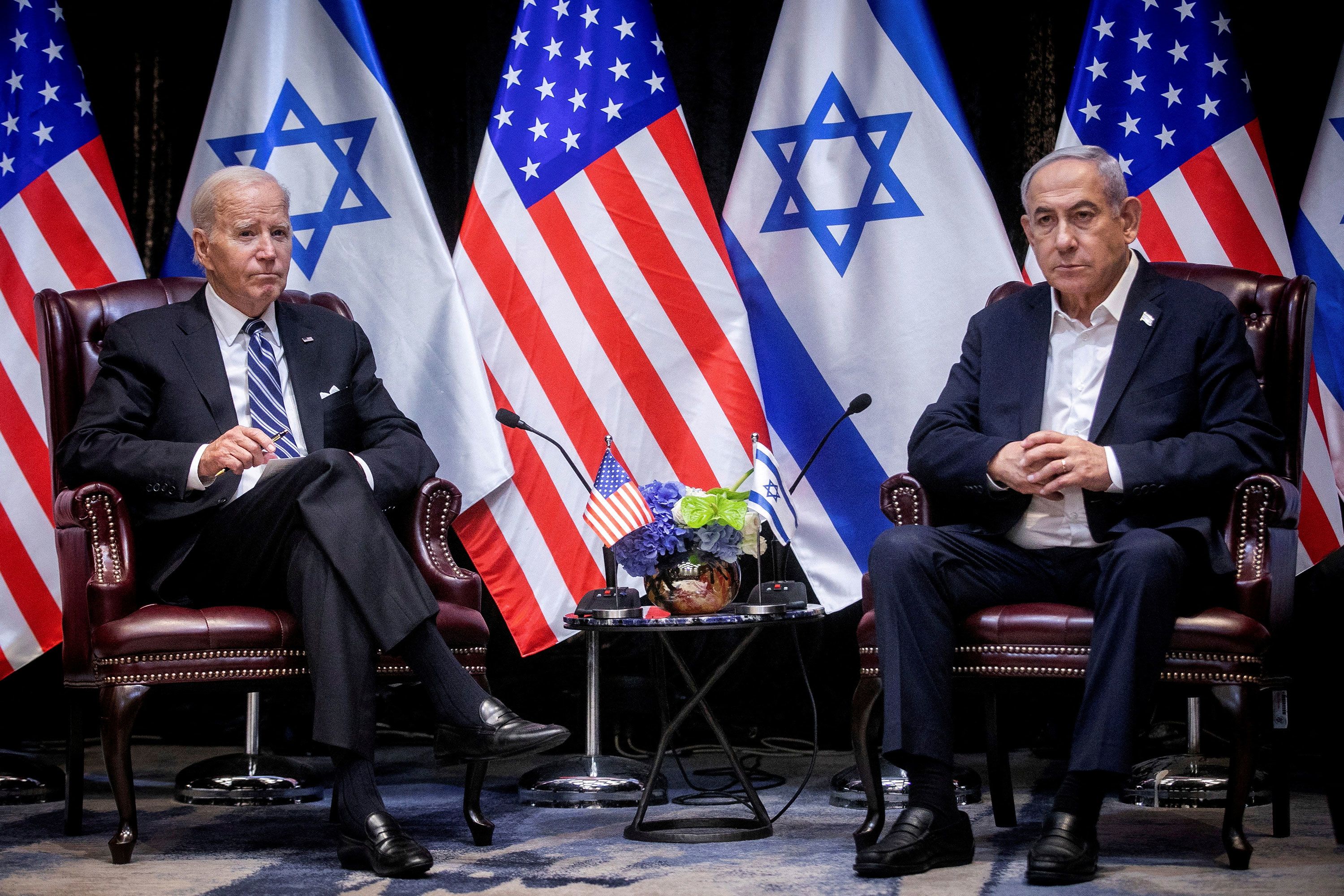The escalating tensions between Joe Biden and Benjamin Netanyahu over Israel’s war on Hamas have erupted into the public domain. The once-frequent phone calls between the two leaders have ceased, and now they openly engage in bickering.
Recently, the United States announced plans to
construct a pier to deliver aid to civilians in Gaza, where food shortages
persist and relief organizations warn of famine amid Israel’s ongoing
assault. President Biden has demanded that the Israeli leader “pay more
attention to the innocent lives being lost,” cautioning that Netanyahu’s
actions are detrimental to Israel. In response, Netanyahu asserted, “He’s
wrong on both counts”.
This public exchange marks a significant departure
from Biden’s previous unwavering support for Israel after the October 7
Hamas attacks, which were the deadliest in the country’s history.
Despite the more than 30,000 deaths reported by
the Hamas-run Gaza health ministry, and with Israel planning an assault
on Rafah, the last major city in the enclave where residents seek refuge,
the tensions surrounding the civilian death toll have become impossible to
conceal3. Biden’s candid remark about a “come-to-Jesus”
meeting with Netanyahu further underscores the strain in their relationship.
Meanwhile, the Biden administration continues to provide
weapons and other support to Israel while directly delivering humanitarian aid.
The US argues that Israel must do more to limit death and
suffering among ordinary Palestinians who have no affiliation with Hamas and
its violent policies. In northern Gaza, a dozen children have reportedly
starved to death while their parents resort to eating grass and animal feed for
flour. As pressure mounts on President Biden to take further action, both
from international capitals and domestic supporters, the delicate balance
between supporting Israel and addressing humanitarian concerns remains a
critical challenge

